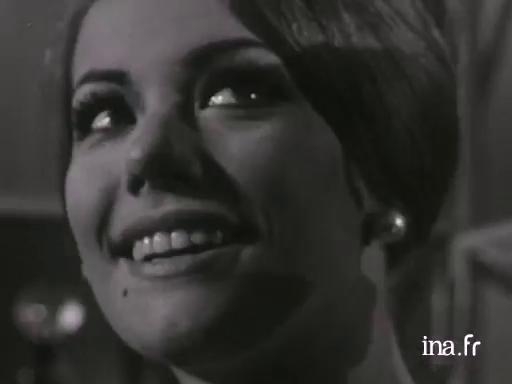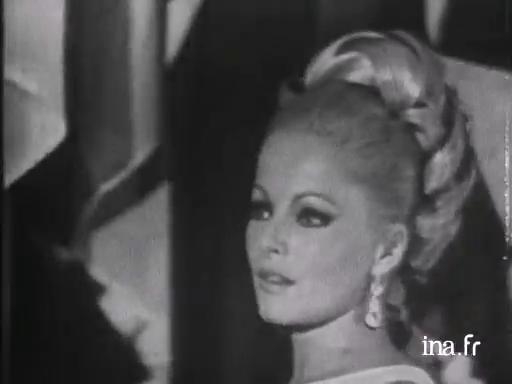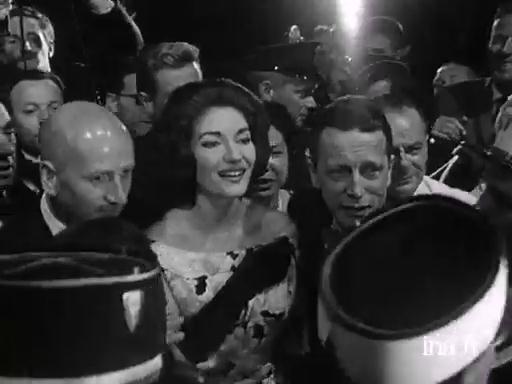
1960-1968: The growing legitimacy of cinema and a world of new horizons
The Cannes Film Festival becomes a sign of the times
Although the fifties ended with the crowning of The 400 Blows, the Festival did not particularly encourage the leaders of the New Wave. Directors such as Jean-Luc Godard, Claude Chabrol and Eric Rohmer continued to be ignored by the selection committee. Nevertheless, the Festival was not completely impermeable to innovation. In 1960 Fellini's groundbreaking film La Dolce Vita really made waves. The film was awarded the Palme d'Or on the fierce insistence of the president of the jury Georges Simenon. In the same year, an important new character made his appearance on La Croisette. He was an indiscreet photographer called Paparazzo whose name was destined to be associated with a highly unscrupulous section of the profession. The Festival began to reflect the changing attitudes in the sixties. In 1961, two films sparked off real controversy: Viridiana by Luis Buñuel and Mother Joan of the Angels by Jerzy Kawalerowicz. The Warsaw clergy initiated legal proceedings against the latter film accusing it of undermining the dignity of the Church. The jury, presided by Jean Giono, awarded the Palme d'Or to the Spanish film and the Special Jury Prize to the Polish film. In 1966, The Nun by Jacques Rivette was banned by the censors. However the film was selected to participate in the Cannes Film Festival, a decision that was praised by the French Minister of Culture at the time André Malraux.
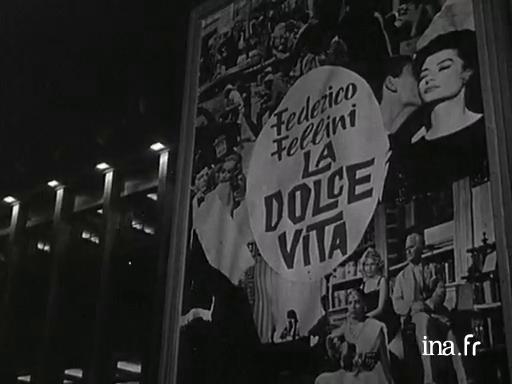
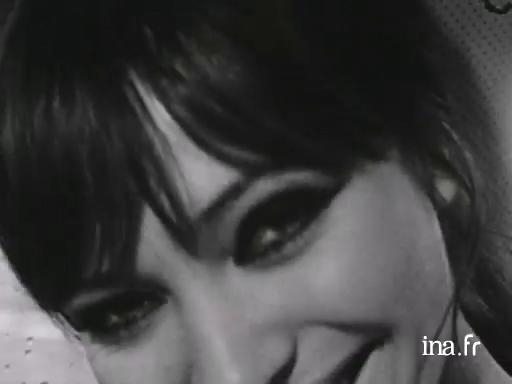
Opening up to the rest of the world and to youth culture
The Cannes Film Festival gradually opened up to the International film world. Films from countries such as China, Yugoslavia, Czechoslovakia, Hungary, and Brazil began to feature amongst the award winners, and Japan was particularly in vogue with its Samurai films winning four Special Jury Prizes between 1960 and 1965. In 1962 youth was also taken into account when the Association of Film Critics created Critics' Week, a parallel event that presented filmmakers' first or second films. The public were particularly impressed by Bertrand Blier's first feature film shown at this event, Hitler, connais pas .
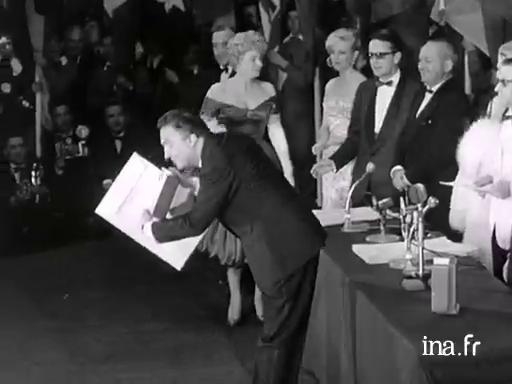
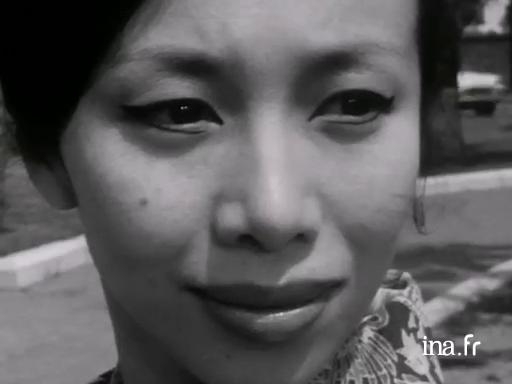
An evolving jury
In 1964, for the first time, the president of the jury was not an academic but a director named Fritz Lang. Since the festival's very beginnings, the jury had always been led by writers such as André Maurois, Marcel Achard, Marcel Pagnol, Maurice Genevoix, Jean Giono to name but a few. Up until then the film world had been qualified as a minor art form, but it would be legitimised by respected intellectual and cultural institutions such as the Académie Française. From then on, the 7th Art became more and more liberated and the members of the jury were increasingly chosen from the film world. In 1965, the actress Olivia de Havilland was the first woman president of the jury, followed the year after by Sofia Loren.
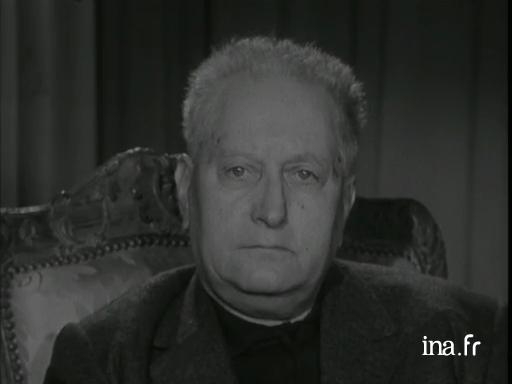
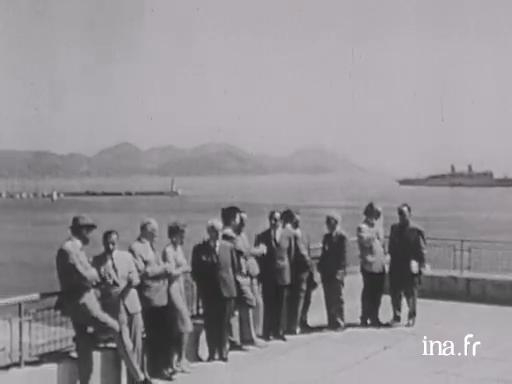
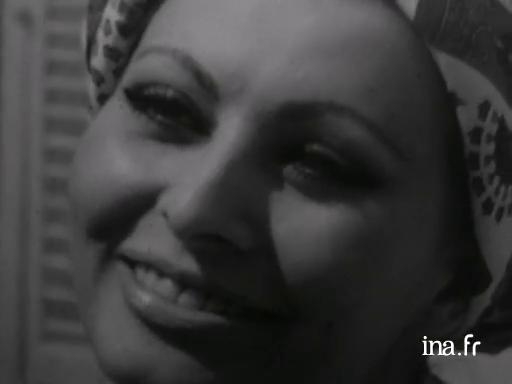
The events of 1968
By this time the Cannes Film Festival was a recognised event for fans and professionals of the film world. But in May 1968, as students were building barricades in Paris, it was once again in danger. The atmosphere in Cannes was electric, and feelings were running especially high amongst the younger generation of filmmakers. François Truffaut made the announcement, "Everything with any sort of dignity or importance in France has come to a stop. I propose that we bring Cannes to a halt to organise a debate about the future of French cinema!" The jury members pulled out one after the other, first Louis Malle, then Monica Vitti and Roman Polanski. The debates and the strike action that paralysed the Palais du Festival became increasingly bitter. On the 18th of May, at the height of the troubles, Carlos Saura and Geraldine Chaplin prevented the showing of their film Peppermint Frappé by hanging onto the stage curtains. On the 19th of May, The president of the Festival Robert Favre Le Bret decided to cancel the festival to prevent things from degenerating any further.
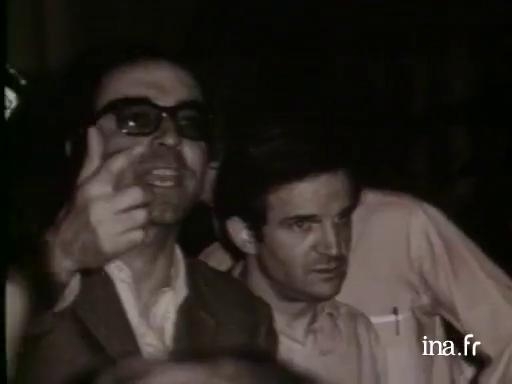
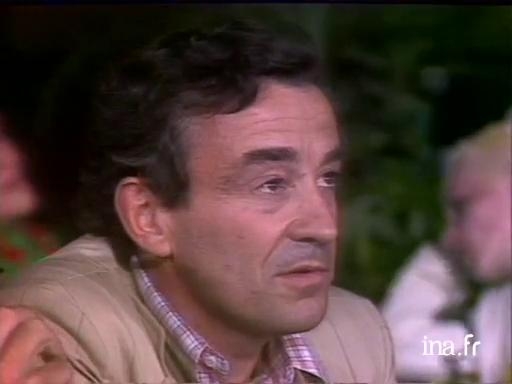
Related videos
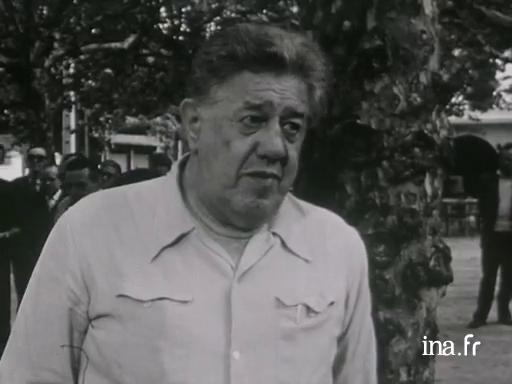
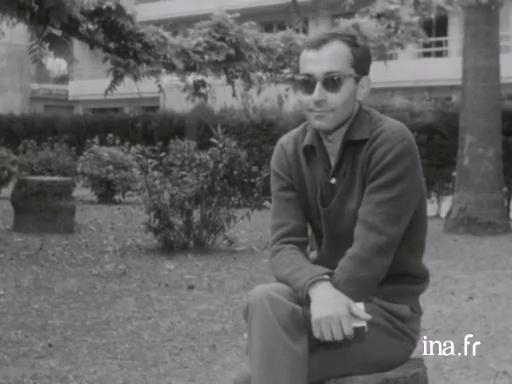
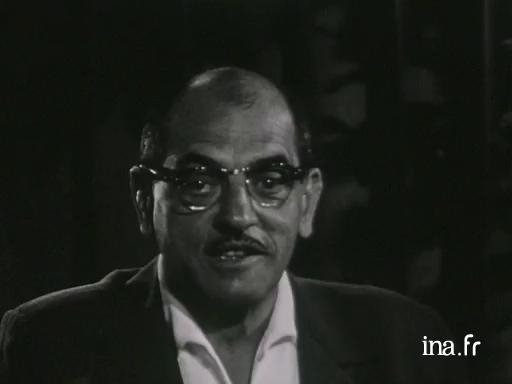
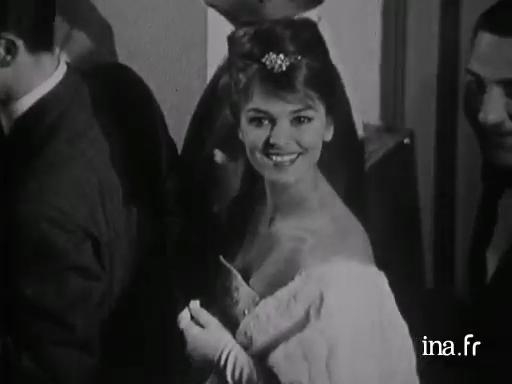
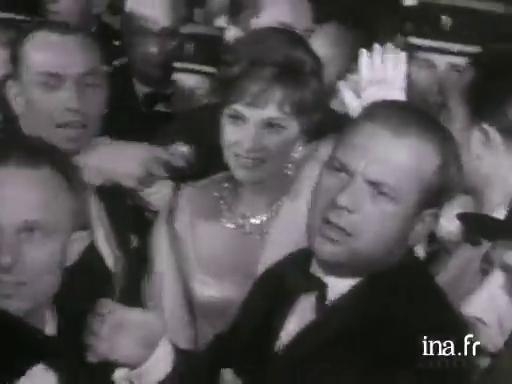
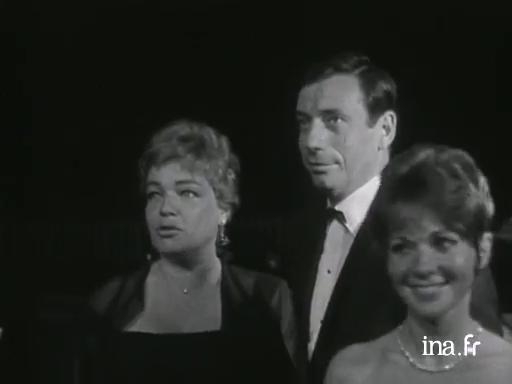
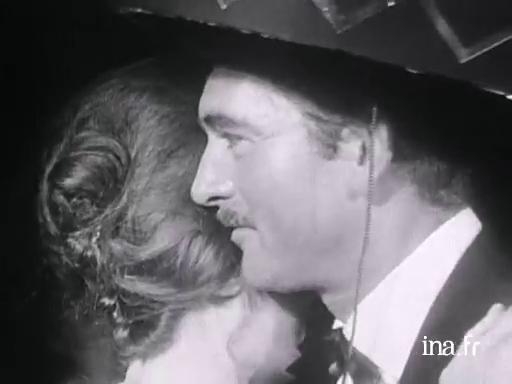
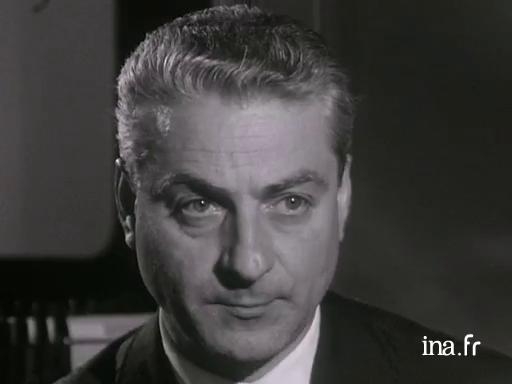
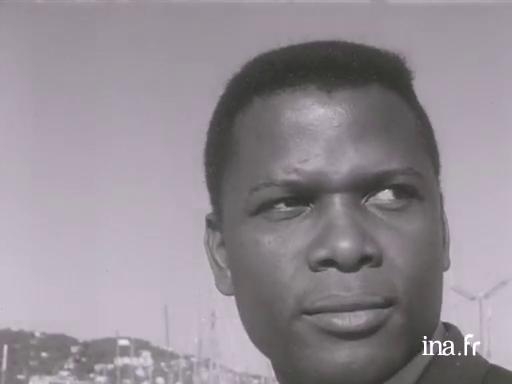
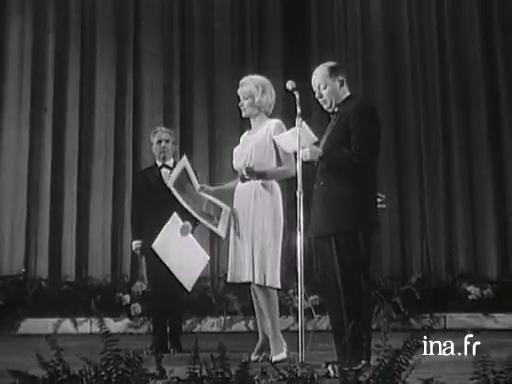
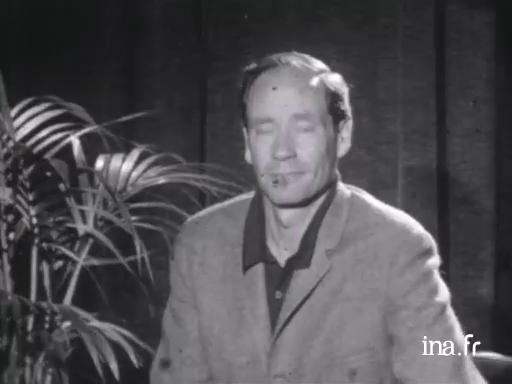
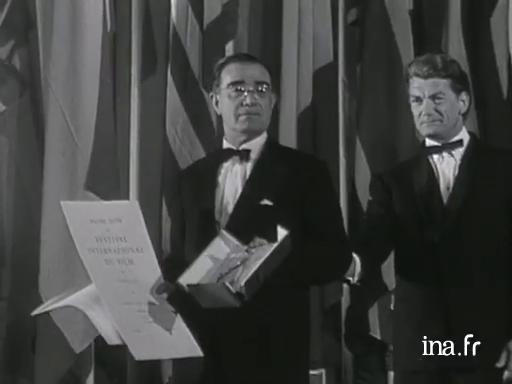
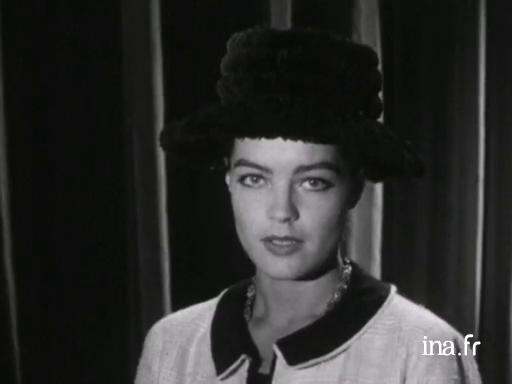
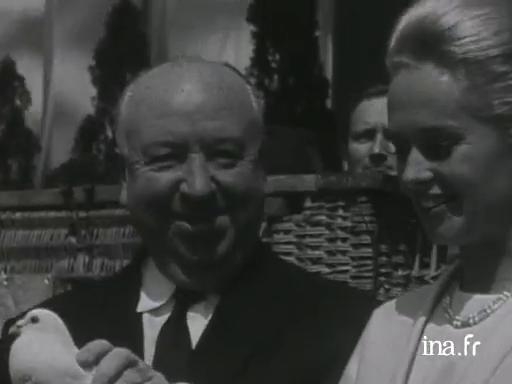
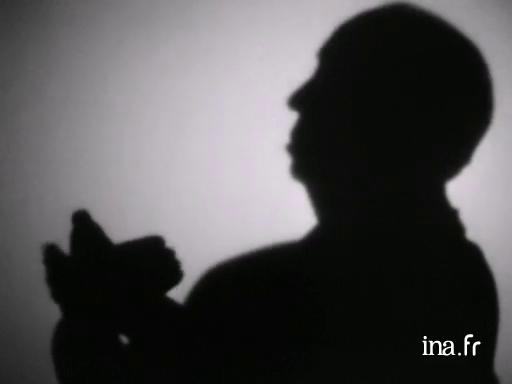
Alfred Hitchcock delivers his concept of suspense
Visit by Alfred Hitchcock to Cannes, with his interpreter Tippi Hedren, to present the film "The Birds" out of competition. Hitchcock plays with the photographers, has a go at pantomime and responds humorously and in French to the journalists' questions about suspense, black humor and the "type" of his heroins.
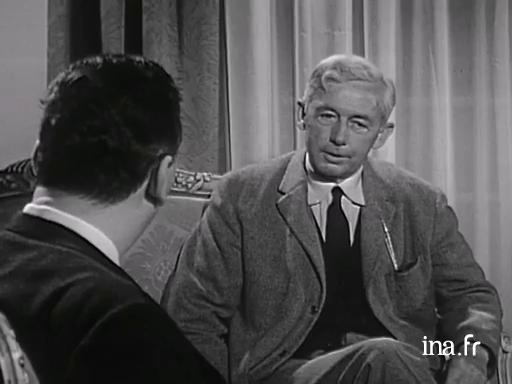
The cinema according to Robert Bresson
On the occasion of the release of his film "The Trial of Jeanne d'Arc", the film-maker Robert Bresson explains his project, the sources he used, his meeting with his principal actor, the concept of the actor and his need for working very descreetly.
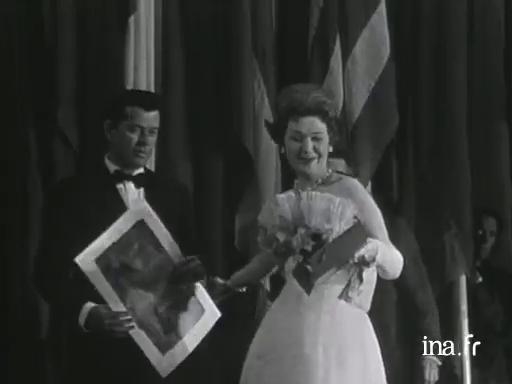
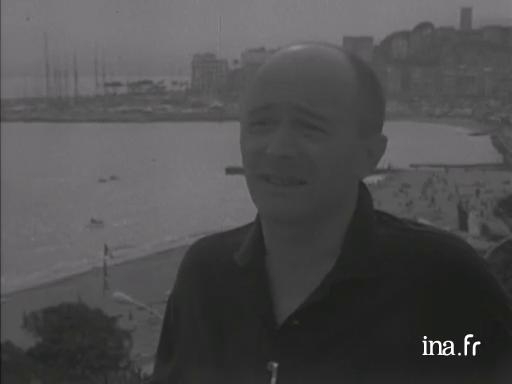
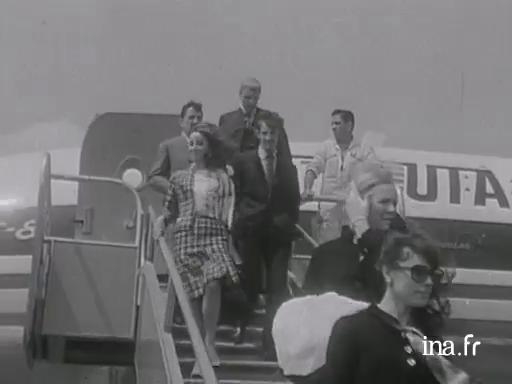
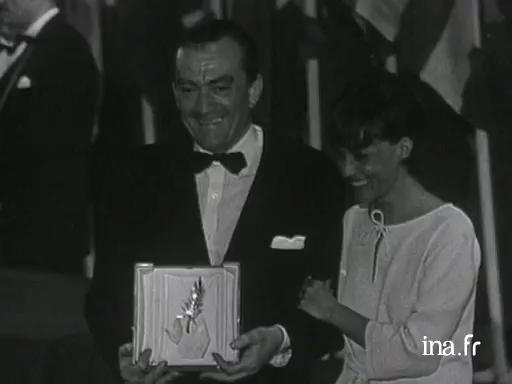
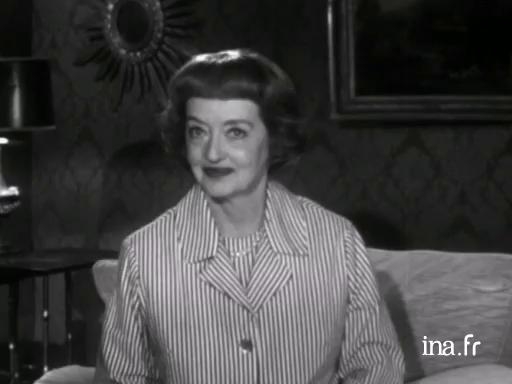
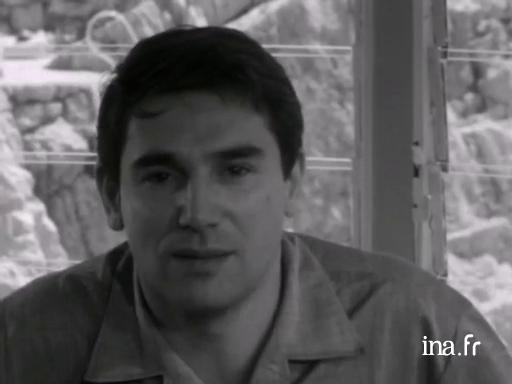
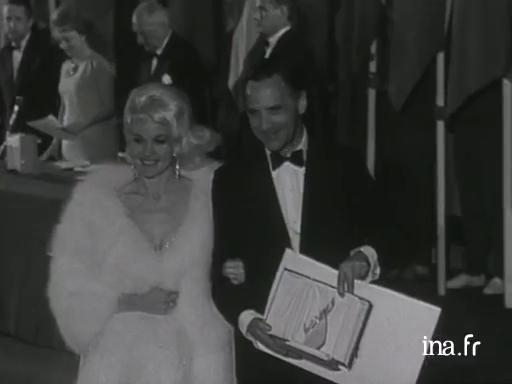
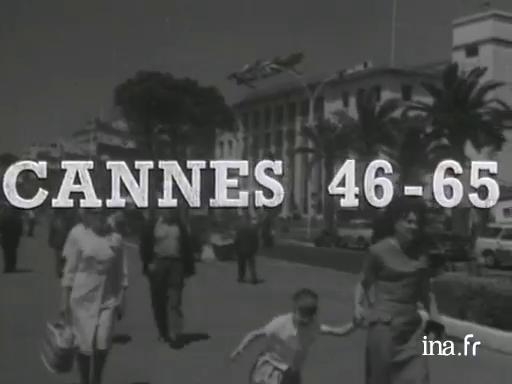
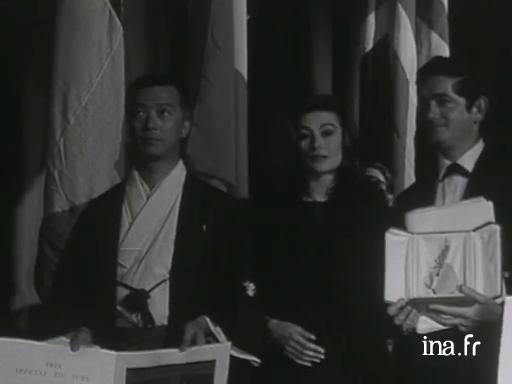
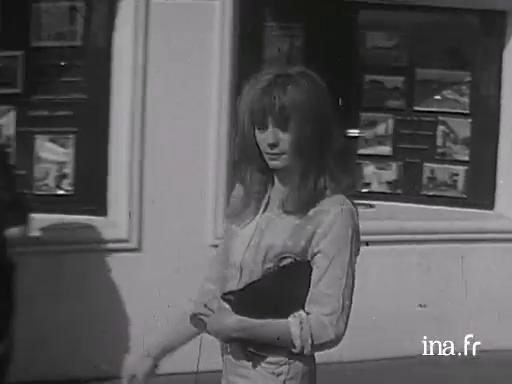
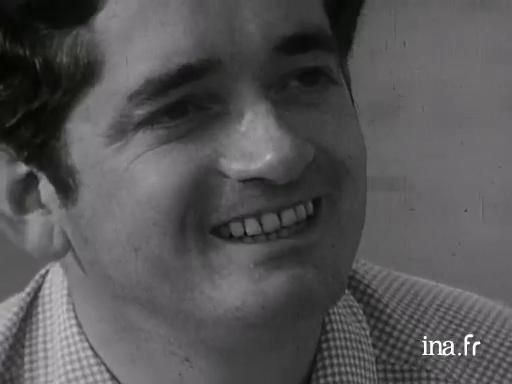
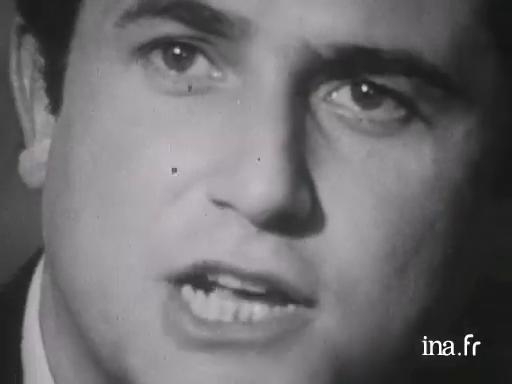
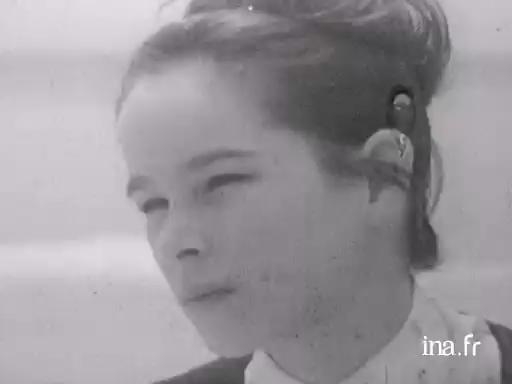
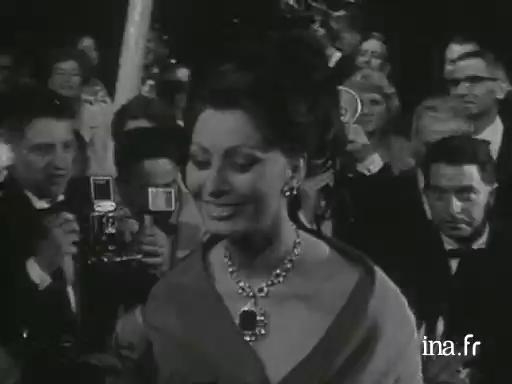
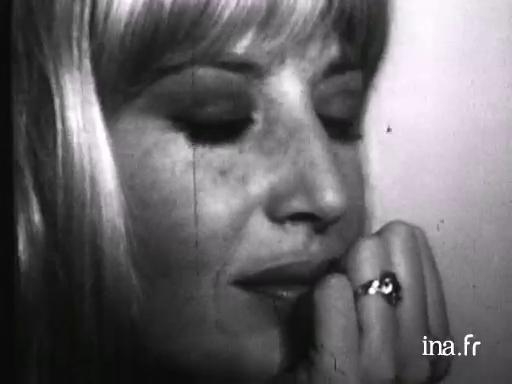
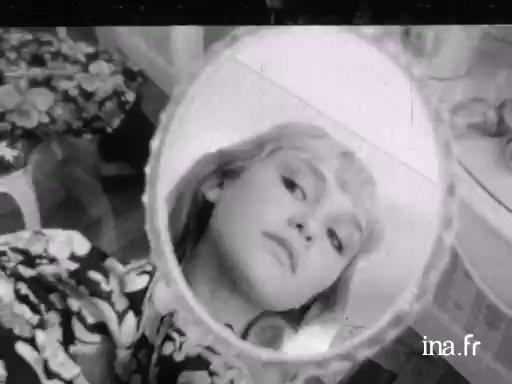
Starlets, behind the scenes of their exploits
Quirky and scathing report on the starlets, the pretty young girls who have come to Cannes in the hope of being noticed by a producer or director. One of them has come with her mother, another approaches every cinema person she meets, etc.
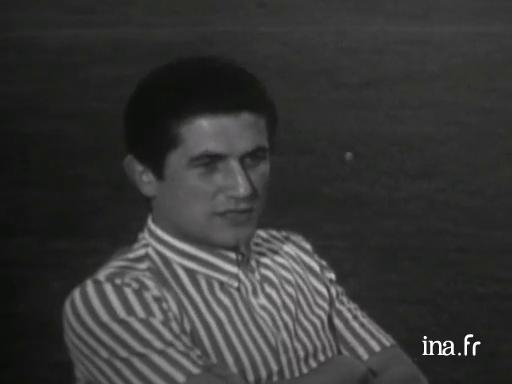
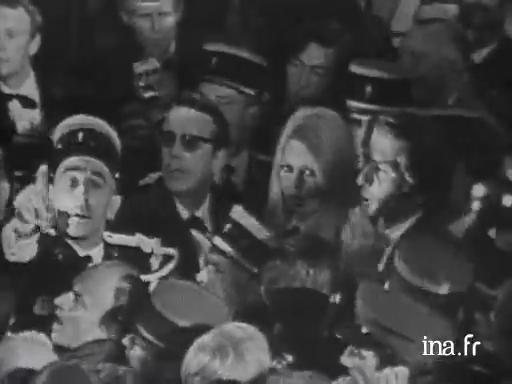
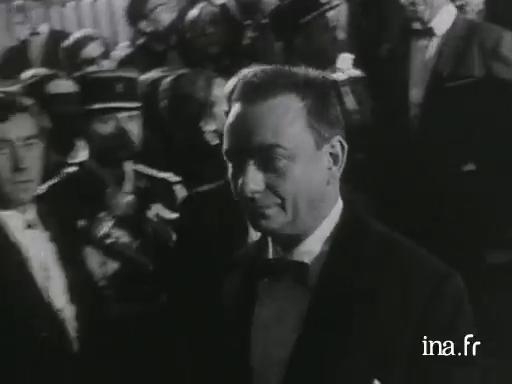
![The 1968 Festival won by a challenge [mute]](/festival-de-cannes/media/imagette/512x384/Cannes00118)
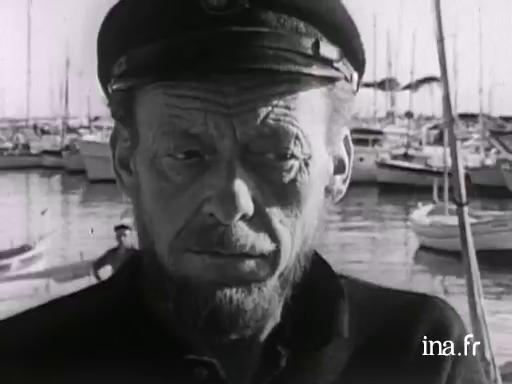
Cannes without stars
Quirky report on the people of Cannes; what they think of the Festival, whether they know the great directors, their taste in films, the impact of the Festival on business, etc. Then images of Yves Montand and Gina Lollobrigida, Géraldine Chaplin, etc. climbing the steps
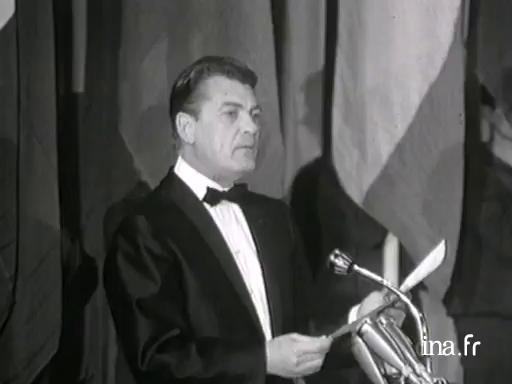
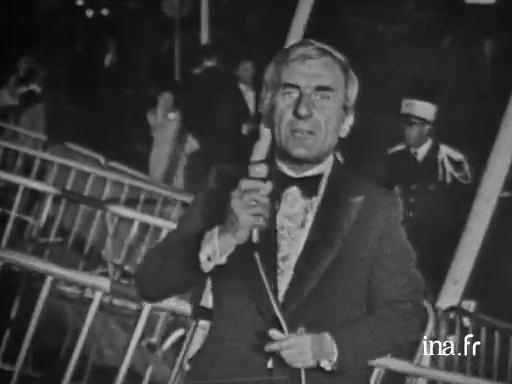
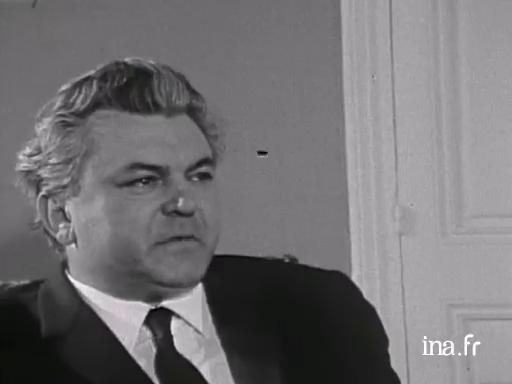
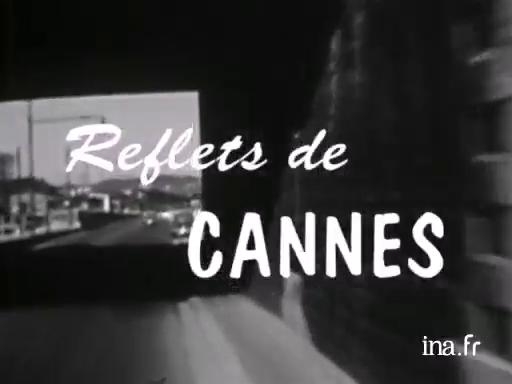
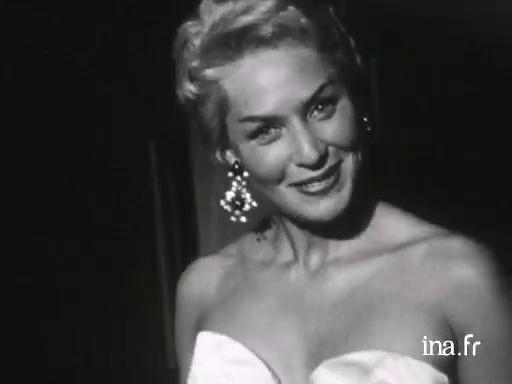
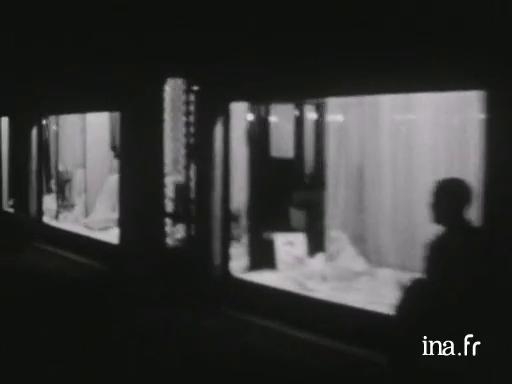
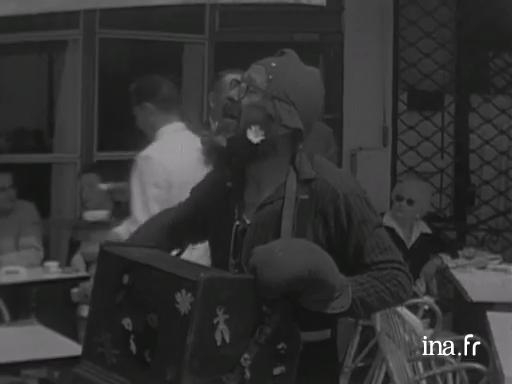
Two figures of the Festival, Robert Favre le Bret and Aguigui Mouna
Portrait of the burlesque philosopher Aguigui Mouna in the streets of Cannes, followed by an interview with Robert Favre le Bret, General Delegate, who comments on the growth of the Cannes Festival and the principles of the official selection.
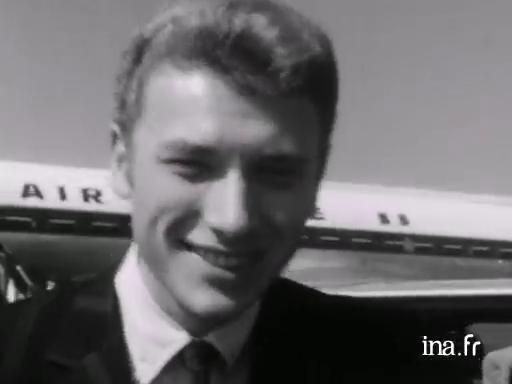
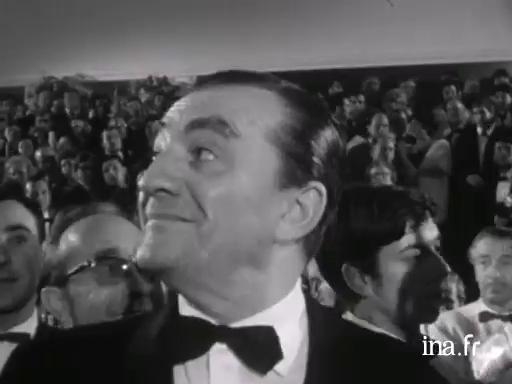
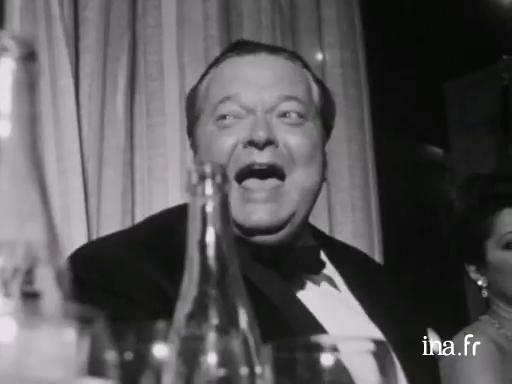
Chronicles of Cannes: Sammy Davis Jr, Orson Welles, Bourvil-De Funès, Jeanne Moreau
Chronicles of Cannes: Sammy Davis Junior strolls around la Croisette, Orson Welles celebrates his film "Falstaff", Bourvil and De Funès crack up laughing at the strip-tease of Terry Thomas, Jeanne Moreau climbs the steps of the Palais des Festivals.
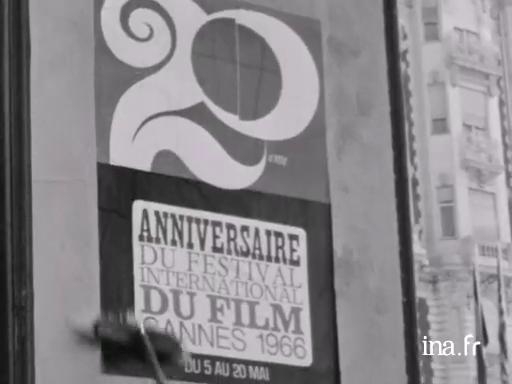
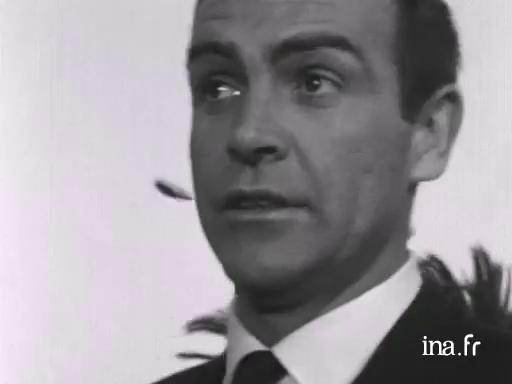
Sean Connery explains the success of James Bond
Sean Connery explains the reasons for the success of the "James Bond" saga, films which are colourful, lively and full of humour, which woke up a cinematic world then dominated by sad, serious films. Sean Connery then talks about his career.






